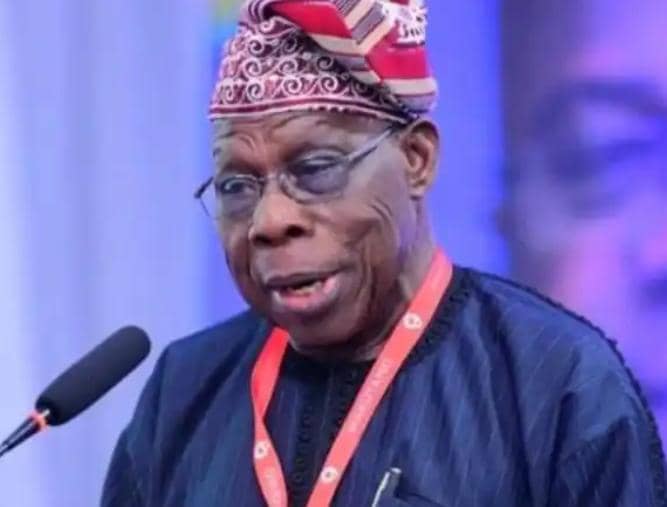Former President Olusegun Obasanjo, on Tuesday, declared that there was an urgent need for a law that will help to checkmate organ harvesting and trafficking in the country.
This was as he called on the National Health Insurance Scheme to increase dialysis sessions substantially as obtained in South Africa and Sudan.
Obasanjo said he learnt that about 15 per cent of adult Nigerians have kidney failure.
The former President, according to a statement by his media aide, Kehinde Akinyemi, said this on Tuesday at the 36th Annual General Meeting and Scientific Conference of the National Association of Nephrology.
The conference with the theme: “Optimising Dialysis Therapy To Prolong Survival,” held at the main auditorium of the Olusegun Obasanjo Presidential Library in Abeokuta.
Obasanjo said, “There is an urgent need for legislative support in terms of a new bill to support affected persons.
“Organ trafficking is also an emerging issue in our environment and I want to plead with agencies concerned to help in examining relevant laws, especially with regards to cadaveric donations taking cognizance of our peculiar cultural and societal idiosyncrasies and also laws guiding organs to be harvested from living donors.”
He commended the association for its work concerning advocacy, screening, enlightenment and periodic collaborations to reduce the prevalence of the disease, especially among the youth and children but decried the number of Nigerians with kidney problems.
He said, “From available reports, one out of seven, that is, about 15 per cent of adult Nigerians, have kidney failure which cannot be reversed and is life-threatening if left untreated.
“I have also been informed that the prevalence of kidney failure in Africa is higher than anywhere else in the world as an average African is four times more likely to develop kidney problems than a Caucasian or Mediterranean race.
“I wish to acknowledge the role of NHIS in providing limited support for only six dialysis sessions, but I want to suggest a need to consider increasing the carrying capacity substantially as obtained in South Africa and Sudan.”
To address the burden and challenges in the management of kidney disease, Obasanjo advocated increased awareness, improved health infrastructure, and early detection of the disease, among others.






Leave a Reply